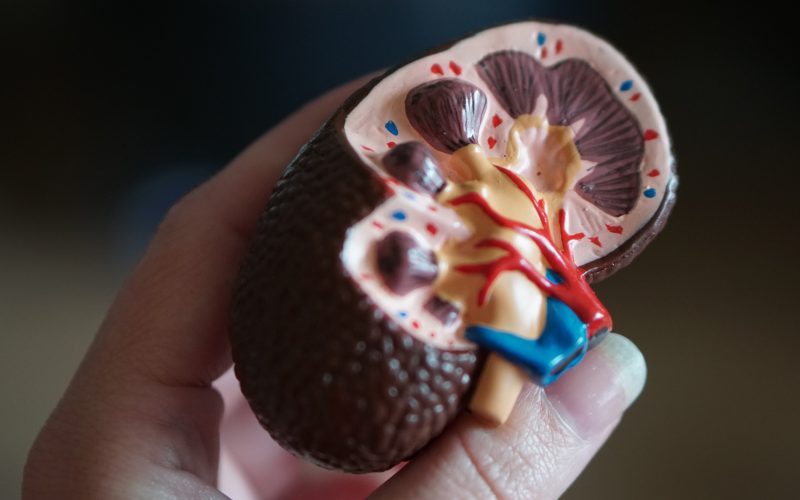Kidney failure, also known as renal failure, is a condition in which the kidneys lose their ability to filter waste products from the blood effectively. It can be acute or chronic, and if left untreated, it can lead to serious complications and even death. In this article, we will discuss the causes, symptoms, and treatments of kidney failure.
Causes of Kidney Failure
There are many factors that can lead to kidney failure. Some of the most common causes include:
- Diabetes: High blood sugar levels can damage the blood vessels in the kidneys, reducing their ability to function properly.
- High Blood Pressure: Chronic high blood pressure can damage the blood vessels in the kidneys, leading to kidney failure over time.
- Glomerulonephritis: This is a condition in which the tiny filters in the kidneys become inflamed and damaged, leading to kidney failure.
- Polycystic Kidney Disease: This is an inherited condition in which cysts develop in the kidneys, leading to kidney failure over time.
- Urinary Tract Obstruction: This can be caused by kidney stones, tumors, or an enlarged prostate gland, among other things. If left untreated, it can lead to kidney failure.
Symptoms of Kidney Failure
In the early stages of kidney failure, there may be no symptoms at all. As the condition progresses, however, the following symptoms may occur:
- Swelling in the legs, ankles, feet, or face
- Fatigue
- Shortness of breath
- Nausea and vomiting
- Itching
- Muscle cramps
- Changes in urine output or color
- Difficulty sleeping
If you experience any of these symptoms, it’s important to see a doctor as soon as possible.
Treatments for Kidney Failure
The treatment for kidney failure depends on the underlying cause and the severity of the condition. In some cases, the damage to the kidneys may be reversible, while in others, it may be permanent. Some common treatments include:
- Medications: Depending on the cause of kidney failure, medications may be prescribed to help control blood pressure, lower cholesterol, or treat diabetes.
- Dialysis: This is a procedure in which a machine is used to filter waste products from the blood when the kidneys are no longer able to do so.
- Kidney Transplant: In some cases, a kidney transplant may be necessary to replace the damaged kidneys with a healthy one from a donor.
Prevention of Kidney Failure
While some cases of kidney failure cannot be prevented, there are steps you can take to reduce your risk. These include:
- Maintaining a healthy diet and weight
- Exercising regularly
- Managing chronic conditions such as diabetes and high blood pressure
- Avoiding smoking and excessive alcohol consumption
- Getting regular check-ups with your doctor
Conclusion
Kidney failure is a serious condition that can have significant consequences if left untreated. However, with early detection and appropriate treatment, many people with kidney failure are able to live long and healthy lives. If you experience any symptoms of kidney failure, be sure to see a doctor as soon as possible to get a proper diagnosis and treatment plan. Additionally, taking steps to prevent kidney failure by maintaining a healthy lifestyle and managing chronic conditions can go a long way in protecting your kidney health.












